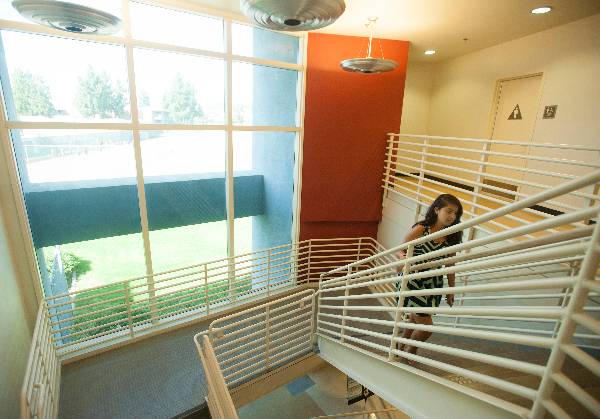How to Find Classes
 Step 1: Find the Classes You Need
Step 1: Find the Classes You Need
- Check your Educational Plan. If you don't have one or need help with your academic goals, you can get one with the Counseling Department.
- To explore programs, visit the College Catalog, which has information on all the programs, certificates and courses we offer.
Step 2: Look up Available Classes
- Use the Online Search for Open Classes to look for classes being offered that term.
- Compare the dates, times and locations of the courses being offered as you build your ideal schedule.
Step 3: Choose Your Class
- If you're interested in a class, note its 5-digit Course Reference Number (CRN), which you'll need for registration, and any course prerequisites or corequisites.
- Make sure you have some back-up classes in case your first-choice class is not available.
Terms to Know as you Search for Classes
We make the registration process as easy as possible for students, but we know that some of the terminology can be confusing, so we've created a quick guide to some of our registration terms.
- Prerequisite: A course or experience (e.g., a test) that must be completed before you take certain classes. If a class has a prerequisite, it will be noted in the course description in the Schedule of Classes and in the College Catalog. If you register for a class without meeting the prerequisite requirements, you may be dropped from the class.
- Advisory prerequisite: A course that is not required for enrollment, but is recommended to help you succeed in the course.
- Special approval: An additional approval (override) that is required by the department/program.
- Corequisite: A course that must be taken during the same semester as the course it is listed as a corequisite for. Corequisites are also noted in the course descriptions. For example, if you want to take Class A and you see in the course description that Class B is a corequisite for Class A, that means that you must take Class A and Class B in the same semester - so you must be sure to register for both. If you register for a class without meeting the corequisite requirements, you may be dropped from the class.
- Credit classes: These classes are generally courses designed for students who are interested in earning college credit units towards a degree or certificate. Students who take credit courses receive a letter grade (A, B, C, D, F, I, NP, or P) at the end of the semester.
- Continuing education noncredit classes: Our Continuing Education program offers noncredit courses for students who want to develop skills for college, their career, or just to enrich their lives. Noncredit courses include Adult Basic Education, Adult High School Diploma, ESL, Skills Certificates, noncredit Vocational Programs, and more. Noncredit classes do NOT count toward degrees. Upon completion of a series of required classes, students can earn a noncredit certificate in a variety of Adult Basic Education, ESL, and vocational areas.
- Continuing education fee-based classes: Our Continuing Education program also offers fee-based noncredit courses for recreation, personal development, and professional development. Fee-based classes are self-supporting and are not funded by taxpayer dollars. The fees are based on the instructor’s salary, enrollment, duration of the class, and administrative and operating costs.

